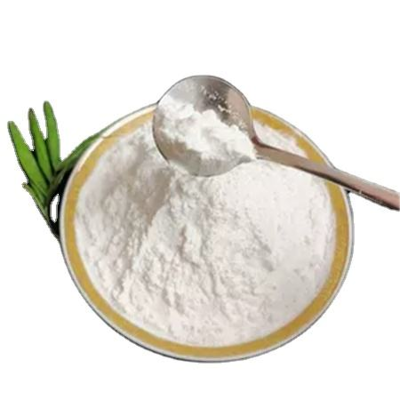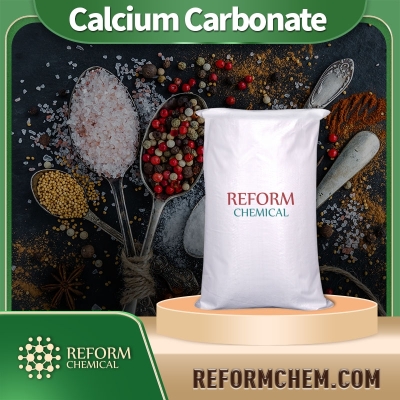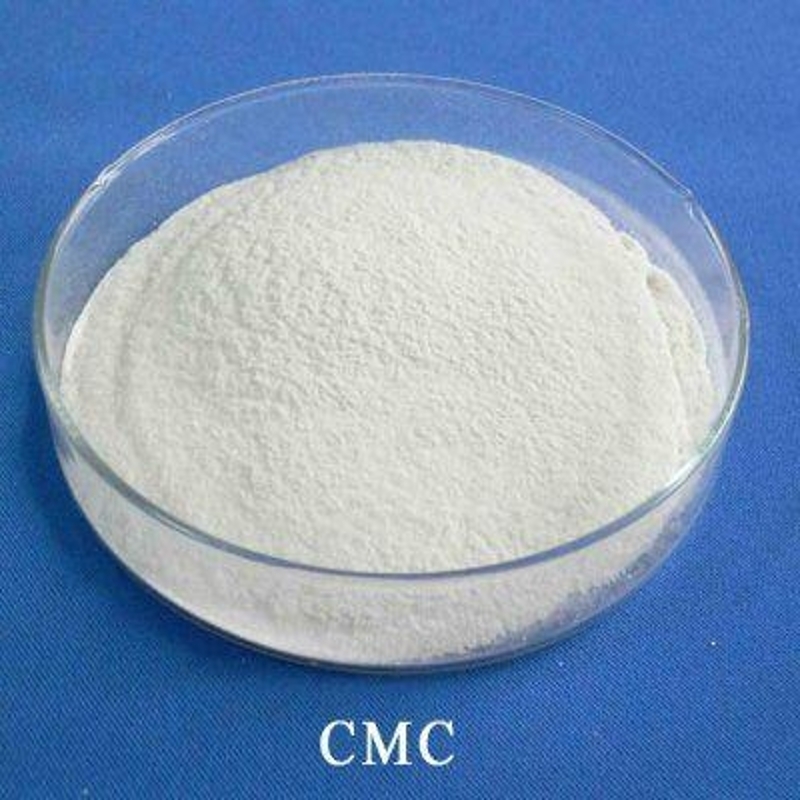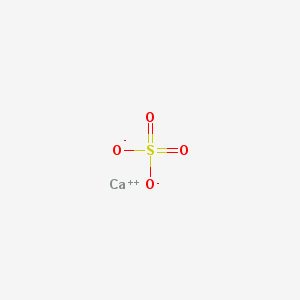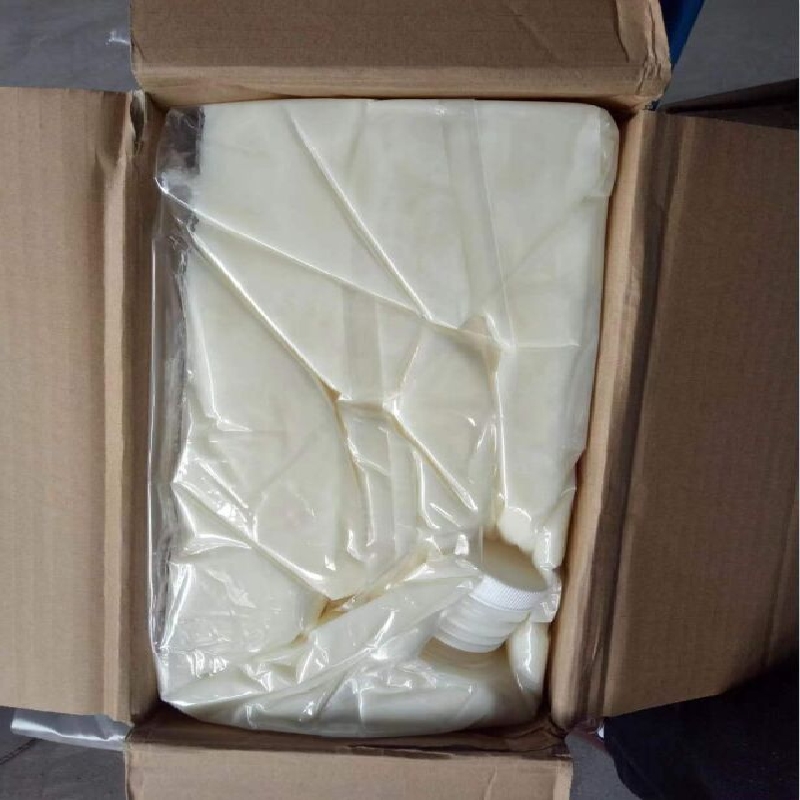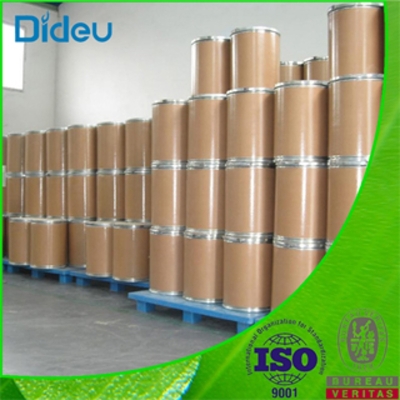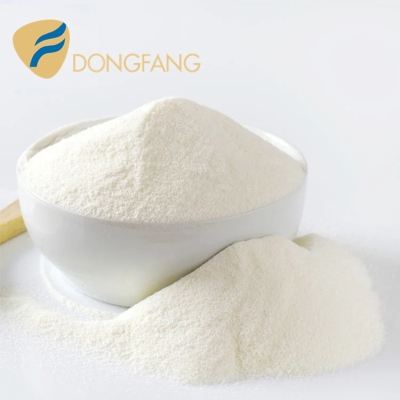Cosmetic Ingredient
- • Abrasive (124)
- • Absorbent (84)
- • Anticaking (66)
- • Anticorrosive (25)
- • Antifoaming (19)
- • Antimicrobials (290)
- • Antioxidant Ingredient (393)
- • Antiperspirant (20)
- • Antiplaque (48)
- • Anti-seborrheic (38)
- • Anti-sebum (39)
- • Antistatic (458)
- • Astringent (162)
- • Binding Agent (172)
- • Bleaching Agent (53)
- • Buffering (191)
- • Bulking (109)
- • Chelating (122)
- • Cleansing (679)
- • Cosmetic Colorant (212)
- • Cosmetic Preservative (158)
- • Denaturant (45)
- • Deodorant (98)
- • Depilatory (27)
- • Dissolving Agent (298)
- • Emollient (795)
- • Emulsifying Agent (480)
- • Emulsion Stabilising (154)
- • Exfoliating (19)
- • Film Forming (299)
- • Flavouring (72)
- • Foam Boosting (161)
- • Foaming (101)
- • Fragrance Ingredient (726)
- • Gel Forming (19)
- • Hair Conditioning (670)
- • Hair Dyeing (363)
- • Hair Fixing (36)
- • Hair Waving or Straightening (45)
- • Humectant (282)
- • Hydrotrope (92)
- • Keratolytic (20)
- • Light Stabilizer (80)
- • Moisturising Agent (50)
- • Nail Conditioning (42)
- • Occlusive (20)
- • Opacifying (119)
- • Oral Care (123)
- • Oxidising (19)
- • Perfuming (2105)
- • Plasticiser (98)
- • Propellant (19)
- • Reducing (50)
- • Refatting (12)
- • Refreshing (26)
- • Skin Cleansing (388)
- • Skin Conditioning (1751)
- • Skin Humectant (21)
- • Skin Protecting (282)
- • Smoothing (31)
- • Soothing (71)
- • Tonics (155)
- • UV Filter (34)
- • Viscosity Controlling (532)
Chemicals as Skincare Ingredients
Related News
-
Shell Considers Partnering with the U.S. and Closing European Chemical Assets
2025-03-26 -
Price Surge Alert as Major Suppliers Increase Barium Sulfate Costs by 200 Yuan per Ton
2025-03-20 -
Quaker Houghton Acquires Dipsol Chemicals, Strengthening Advanced Solutions Portfolio
2025-03-27 -
AstraZeneca to Invest $2.5 Billion to Establish Global Drug R&D Center in Beijing
2025-03-25 -
Saudi Aramco CEO: Invest in downstream projects in China's energy, chemical and other fields
2025-03-28 -
Dow's Silicones Downstream Expansion Project in Zhangjiagang Launches and Drives Market Innovation
2025-03-21
Copper
(7440-50-8)-
Industrial Grade / 99%
-
Industrial Grade / 99%
-
Industrial Grade / -
-
Pharmacy Grade / 99%
Calcium carbonate
(471-34-1)-
Cosmetics Grade / 99.9%
$1-1.2/MT FOB
-
Industrial grade / 99%
$1-1.1/KG FOB
-
Chemical Grade / 99%
-
- / 0.00%
Cellulose
(9004-34-6)2. ACCEL-101 is most widely used for direct compression tableting and wet granulation.ACCEL-102 has similar compression properties to ACCEL-101. However, it has larger particle size and therefore, may be of value in improving the flow if fine powders.ACCEL
-
Food Grade / -
-
Chemical Grade / 99%
$1/KG FOB
-
- / 99.00%
-
Food Grade / 99%
Carboxymethyl Cellulose
(9000-11-7)-
cosmetics Grade / 95%
$3.4/KG EXW
-
Food Grade / -
-
Pharmacy Grade / 99.5%
-
- / 99.00%
Calcium sulfate
(7778-18-9)-
Industrial Grade / 99%
-
Industrial Grade / 99%
-
-
- / 99.00%
Request for quotation , get quotes from more suppliers.
Source Bulking Products Supply
Coconut oil
(8001-31-8)-
Cosmetics Grade / 99%
$20-22/KG FOB
-
-
Food Grade / 95%
-
- / 0.00%
Request for quotation , get quotes from more suppliers.
Calcium dihydrogen phosphate
(7758-23-8)-
Industrial Grade / 20%
-
Industrial Grade / 99%
-
Chemical Grade / 99%
-
Request for quotation , get quotes from more suppliers.
Chitin
(1398-61-4)-
Industrial Grade / 99%
-
- / 99.00%
-
Chemical Grade / 99%
$10-12/KG FOB
-
Industrial Grade / 98%
Calcium silicate
(1344-95-2)-
Industrial grade / 99%
-
Chemical Grade / 99%
-
-
- / 99.00%
Request for quotation , get quotes from more suppliers.
Calcium caseinates
(9005-43-0)-
Food Grade / 95%
-
- / 99.00%
-
Food Grade / 99%
-
Food Grade / 99.9%
Request for quotation , get quotes from more suppliers.
More Information
Bulking refers to non-reactive, chemically inert solid ingredients utilized in cosmetics to dilute other solids and/or increase the volume of the product. These bulking agents primarily work by occupying space within the product, thereby enhancing its volume without affecting its chemical composition.
They increase the volume of cosmetic products, allowing manufacturers to produce larger quantities economically. Bulking agents contribute to the desired texture and consistency of the product, ensuring it applies smoothly and evenly. They also help stabilize formulations, preventing ingredients from settling or separating. Moreover, by diluting more expensive active ingredients, bulking agents can help reduce production costs without compromising product quality.
The main components of bulking agents include:
● Talc
● Silica
● Mica
● Calcium carbonate
● Nylon powder












